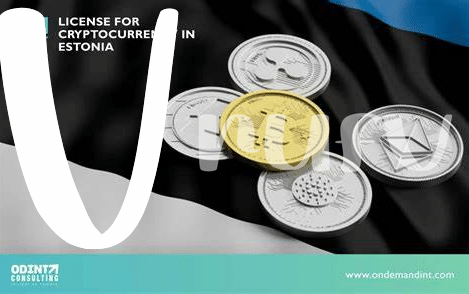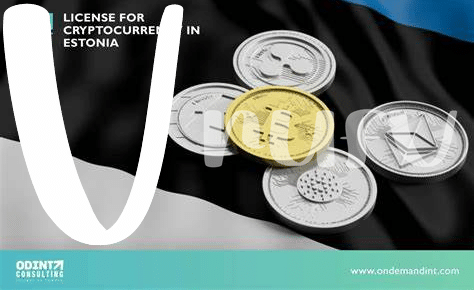Understanding Estonia’s Cryptocurrency Regulations 🇪🇪

Estonia’s approach to cryptocurrency regulations sets a progressive tone in the international landscape. The country’s clear guidelines and proactive stance have attracted many startups and established businesses to set up operations within its borders. Understanding the nuances of Estonia’s regulatory framework provides a solid foundation for navigating the licensing process smoothly. By delving into the specifics of these regulations, businesses can ensure compliance while also embracing the opportunities offered by this forward-thinking jurisdiction.
Formulating a Comprehensive Business Plan 📊
When considering the formulation of a comprehensive business plan, it is essential to delve deep into the specifics of your cryptocurrency exchange venture. This involves outlining your market strategy, identifying target audiences, and detailing financial projections. By thoroughly mapping out your goals and objectives, you can set a clear direction for the growth and development of your exchange platform. Furthermore, incorporating risk management strategies and scalability plans into your business blueprint can enhance the overall operational efficiency and sustainability of your cryptocurrency exchange.
Crafting a detailed business plan is not merely a formality but a crucial roadmap that guides your exchange through various stages of development. It serves as a foundational document that encapsulates your vision, mission, and operational framework. By proactively addressing potential challenges, defining operational processes, and setting measurable milestones, your business plan becomes a dynamic tool that not only showcases the feasibility of your cryptocurrency exchange but also attracts potential investors and partners who align with your strategic vision.
Establishing Strong Kyc and Aml Policies 🔒

Similar to ensuring the safety of a treasure trove, establishing robust KYC and AML policies is paramount when seeking Estonia’s cryptocurrency exchange licensing. KYC (Know Your Customer) procedures involve verifying the identities of clients while AML (Anti-Money Laundering) measures are designed to combat illicit financial activities. By setting up stringent policies in these areas, cryptocurrency exchanges create a secure environment that deters money laundering, fraud, and other illicit activities. This meticulous approach not only safeguards the exchange but also builds trust among regulators, clients, and stakeholders alike.
Building Robust Cybersecurity Measures 🔐

When it comes to safeguarding your cryptocurrency exchange platform, robust cybersecurity measures are paramount. By implementing advanced encryption protocols, multi-factor authentication, and regular security audits, you can fortify your system against potential cyber threats. Educating your team on best practices and ensuring constant monitoring of network activity are also crucial components in building a strong defense against cyber attacks.
Furthermore, staying updated on the latest cybersecurity trends and collaborating with industry experts can provide valuable insights into enhancing your platform’s security infrastructure. By prioritizing cybersecurity measures, you not only protect your users’ assets but also build trust and credibility in the competitive cryptocurrency market. For a comprehensive comparison of cryptocurrency exchange licensing requirements in various countries, including Estonia and Fiji, refer to this informative article on cryptocurrency exchange licensing requirements in Fiji.
Demonstrating Financial Sustainability 📈
Ensure your business shows strong financial sustainability through detailed financial projections, cash flow statements, and a solid balance sheet. This will demonstrate your ability to withstand market fluctuations and potential risks. Highlight your revenue streams, profit margins, and any existing capital or funding to showcase stability and growth potential. Providing transparent and consistent financial data will instill confidence in regulators regarding the long-term viability of your cryptocurrency exchange operations.
Submitting a Complete License Application 📝

Submitting a complete license application for a cryptocurrency exchange in Estonia requires attention to detail and thorough documentation. It is crucial to ensure that all necessary forms and information are accurately completed and submitted to the relevant regulatory authorities. Additionally, including a detailed business plan, robust cybersecurity measures, and strong KYC and AML policies will strengthen the application and demonstrate your commitment to compliance and security.
For more information on cryptocurrency exchange licensing requirements in France, please refer to the cryptocurrency exchange licensing requirements in Eritrea. Familiarizing yourself with the specific guidelines and expectations for licensing in different jurisdictions will help you navigate the process effectively and increase your chances of obtaining approval.
